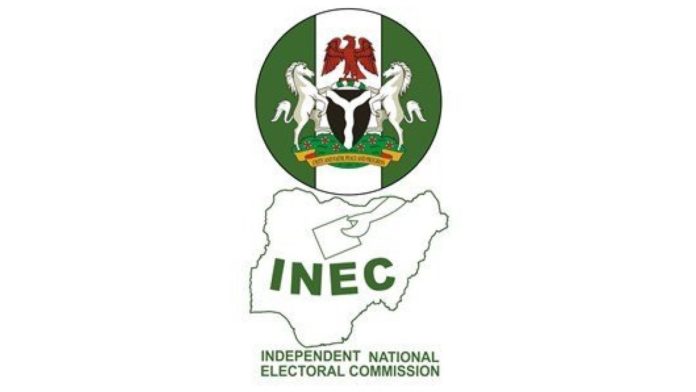Nigeria has a new leader for its Independent National Electoral Commission (INEC). His name is Justice Amupitan, and his job is perhaps the most important—and difficult—in the country right now. He must convince millions of Nigerians to believe in elections again.
His appointment comes at a time when trust in voting is very low. Many people feel that their votes don’t matter because of past problems like disputed results, violence at polling units, and the failure of technology that was supposed to make elections better.
Who is Justice Amupitan?
Amupitan is not a politician, but a judge. People who know him describe him as a calm and serious man who focuses on evidence and the law. He is known for being independent and not easily swayed by pressure. This makes him a good choice on paper.
INEC needs a leader who is seen as neutral. However, some Nigerians are already asking questions: Who really chose him? Was it a transparent process? The new chairman must answer these doubts not with words, but with his actions from his first day in office.
The Giant Shadow of Those Before Him
Justice Amupitan is following in the footsteps of two very well-known INEC chairmen.
First was Professor Attahiru Jega. Many Nigerians remember him fondly for the 2015 election, which was widely seen as fair and led to a peaceful transfer of power from one party to another. He set a high standard.
Then came Professor Mahmood Yakubu. He introduced new technology like the BVAS machine for fingerprint verification and the IReV portal for uploading results. These tools promised to end rigging. But during the 2023 election, the IReV portal often failed to work, and the process was plagued by long delays and controversies. This left many voters feeling cheated and disappointed. Now, Justice Amupitan must fix this broken trust.
What Ordinary Nigerians Are Saying
The real challenge is not in the office in Abuja, but in the minds of everyday Nigerians.
“We have heard all the promises before,” says Kemi Adeboye, a market trader in Lagos. “They brought new machines. We lined up for hours under the hot sun. We did our part. But in the end, the results that were announced did not match what we saw at our polling unit. Why should we bother next time?”
This feeling is common. A university student in Benue, John Okoro, adds, “Many of my friends no longer register to vote. They say it’s a waste of time. The outcome is already decided.” This loss of hope among young people is a major threat to Nigeria’s democracy.
The Mountain He Must Climb
The new chairman’s to-do list is long and difficult:
1. Fix the Technology: He must make sure the BVAS and IReV work perfectly in every single polling unit, from Lagos to the smallest village. People need to see the results online without any “glitches.”
2. Protect the Process: He must ensure that INEC staff are well-trained and protected from intimidation. Sensitive election materials must be secure and arrive on time.
3. Be Truly Independent: This is his biggest test. He must show Nigerians that he is not working for the government or any politician. He must be brave enough to stand up to pressure from all sides.
A Nation Waits
Success for Justice Amupitan will not be measured by complicated reports.It will be measured by a simple feeling.
It will be the feeling a market woman has when she casts her vote and truly believes it will be counted. It will be the feeling a young graduate has when he sees that his vote can actually change his future.
The new chairman has taken on this heavy responsibility. A nation, desperate for a sign of hope, is watching and waiting to see if he will succeed.
Mery Joshua
Department of mass communication, Kashim Ibrahim University, Maiduguri.







